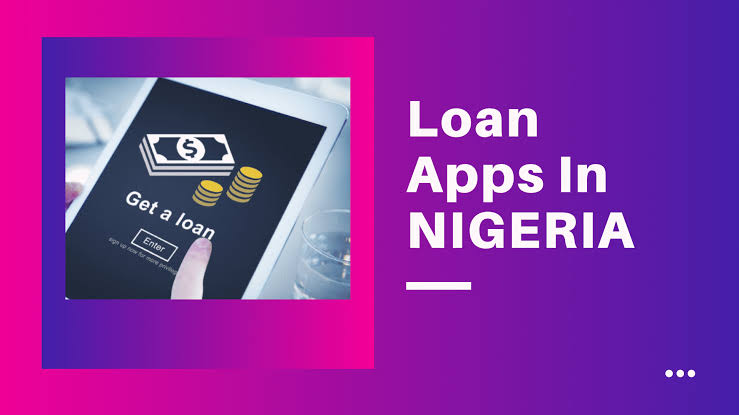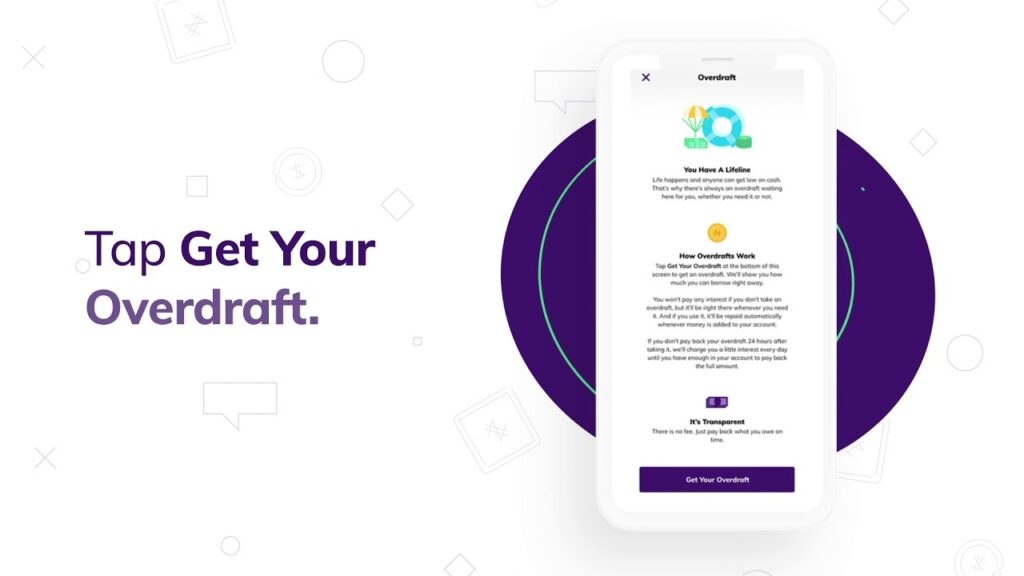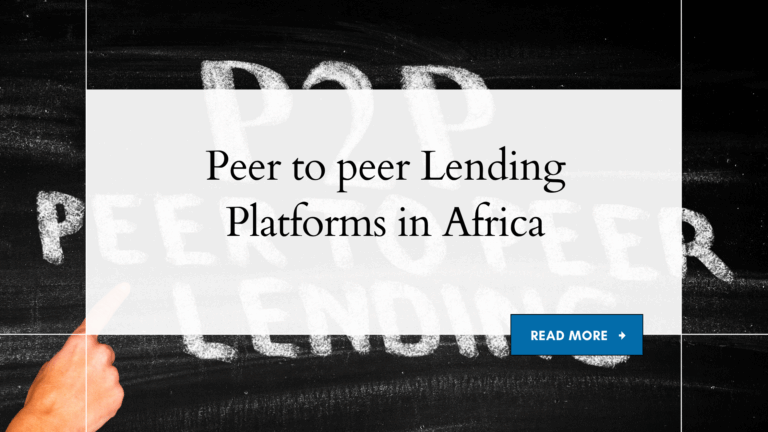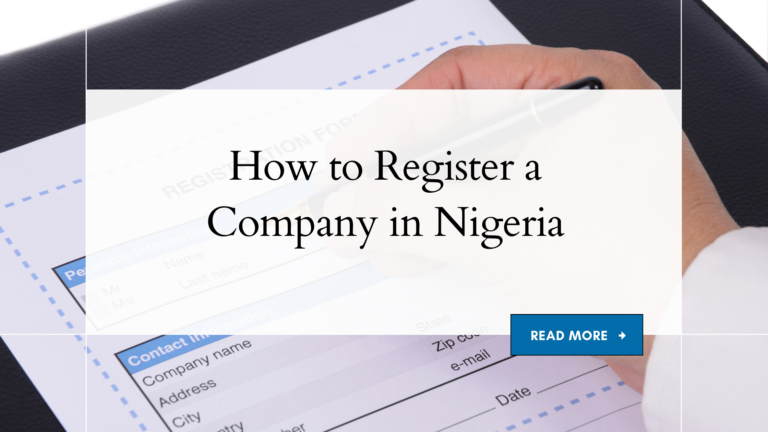There are certainly lots of loan apps/businesses parading in the country promising to give people affordable online loans easily.
But the truth is there are several of them that are like loan sharks, with outrageous interests, sneaky terms and conditions etc.
So how do you know legit loan apps so you don’t fall victim of borrowing money from the illegal ones?
Legitimate loan apps have some things to know them by including;
- License to operate as a lender: Legit loan apps must have obtained the requisite license to operate and give loans from the appropriate regulatory authorities in the country.
- Clear Interest Rates: Legit loan apps will have information on clear interest rates so borrowers will know exactly how much they are to pay back. Illegal loan apps or loan sharks can however have unclear information which can result to paying much higher interest by the borrower
- No Hidden Charges: Legit loan apps will reveal if there are any additional charges such as for late payment etc. But all these illegal loan apps may hide additional charges in fine print and you end up realising there are some extra charges or penalties to pay
Selected Legit Loan Apps You Can Use to Apply for Loans
We conducted some in-depth research including testing as many loan apps as possible and these are some of the legit loan apps in Nigeria you can use to apply for personal or business loans.
1. Carbon
Formerly known as Paylater, Carbon is a licensed digital bank and lender. With Carbon you can pay bills, make transfers as well as do high interest savings.
Carbon also offers loans through its app. As a user your loan amount increases as you bank with them and increase your credit score.
On its website it says you can access easy loans easily with no guarantors, or collaterals. As you repay loans you can unlock higher amounts.
Our research shows that people use them for digital banking and loans as they are duly licensed. You may need to check their website to see details about their online loans, interest rates etc.
2. Branch
Branch, according to their website, offers mobile financial services to the emerging markets. It is primarily a loan/lending app with which you can borrow money directly to your mobile money or bank account.
To use Branch to get loans you download the app, fill the initial online form then apply for loan. As you repay your credit and ability to borrow larger amounts increase.
Branch is presently available in India, Kenya, Tanzania, Nigeria.
You can take a loan for as long as 4 -52 weeks at varying monthly interest rates sometimes which can be a bit high.
Our research on whether Branch loan is legit shows that there are no hidden charges. The charges/interest displayed for any loan you are about to take is what you will pay.
They also operate in multiple countries and are duly registered/licensed to run lending operations.
Some users say the good thing about Branch is that they disburse approved loans via the app in minutes and you can choose to make the repayment in 4 installments.
3. Aella Credit
Aella credit describes itself as a credit infrastructure company powering payments and helping people manage their finances better.
Aella credit provides instant access to funds through its online mobile app.
The unique thing about Aella Credit is that you can use get both personal or business loans on the app.
It promises no paperwork, no rollover fees, and rewards for repaying your loans on time. As your repay your loans on time the amount you can borrow also increases.
Aella credit is a registered, license mobile lender. It uses an algorithm to rate/review loan applications and determine the amount you can borrow which can increase as you repay.
Users surveyed also said Aella Credit is professional in their approach in cases of default.
4. Fairmoney
Fairmoney is a licensed microfinance bank and money lender that provides easy, unsecured loans to individuals and small business owners.
On their website they say they can provide you a bank account with free transfers, loans of up to N1 million (although you will have to start from much lower amounts and build up your credit to borrow more as you repay on time).
You can visit the Fairmoney website here for more details – https://fairmoney.ng/
While a few users expressed issues with Fairmoney that had to do with repaying their loans, majority of users researched say Fairmoney is pretty fine as a loan app.
5. Quickcheck
Quickcheck is a financial institution based in Ikeja that offers unsecured, online loans to individuals.
Information from the FAQ section of their website shows that to qualify for a loan you don’t have to submit any documents. You simply download the mobile app, create account and respond to the questions they will ask you. Accurate answers to the questions helps their system evaluate your loan eligibility and the amount you can borrow.
They answer a lot more questions in their FAQ section – https://quickcheck.ng/faq/
Earlier users complained about their loan approval process and rate but recently it appears to have improved and impressed more users.
6. Renmoney
Renmoney is a fintech business operating on a microfinance bank license.
They provide loans without collateral to individuals and small business owners through their website and mobile app as well as providing normal digital banking services such as savings/deposits.
It claims to have provided loans to hundreds of thousands of Nigerians for things like growing their business, paying rent or school fees, buying a car etc.
To qualify for a loan you have to be between 22 – 59 years old, have a verifiable source of income and live in the cities where they operate (which currently is Lagos).
It says on the website you can borrow up to N6 million for 24 months. However you must have built up your loan capacity by borrowing smaller amounts and repaying them on time.
To apply for loan you will need also to provide the following; your bank statement, a government issued ID card and utility bill (optional).
Because they usually loan money to only people with verifiable salary income and have systems in place to recoup their money Renmoney has good reputation as one of the loan apps who do not resort to embarrassing and shaming defaulters to their contacts. We guess that’s one good point about them.
7. PalmCredit
Palmcredit, run by New Edge Finance, is a mobile lender with their app only available on Google Playstore for Android phones.
You can get quick, unsecured loans of up to N100,000 through the Palmcredit app. They are also duly registered in the country.
The parent company, Newedge Finance Limited is fully licensed to offer financial services.
ALSO SEE
NB: This is not financial advice and Nairabrains will not be responsible/liable for any decisions you take as a result of reading this article. You are always advised to carry out your own due diligence.









![Top Refer and Earn Apps in Nigeria to Help You Make Money on the Side [Full List] refer and earn apps](https://nairabrains.com/wp-content/uploads/2022/04/refer-and-earn-apps-1-1024x576.png)
